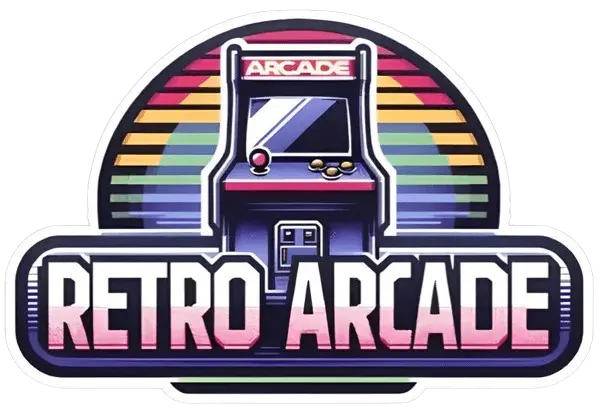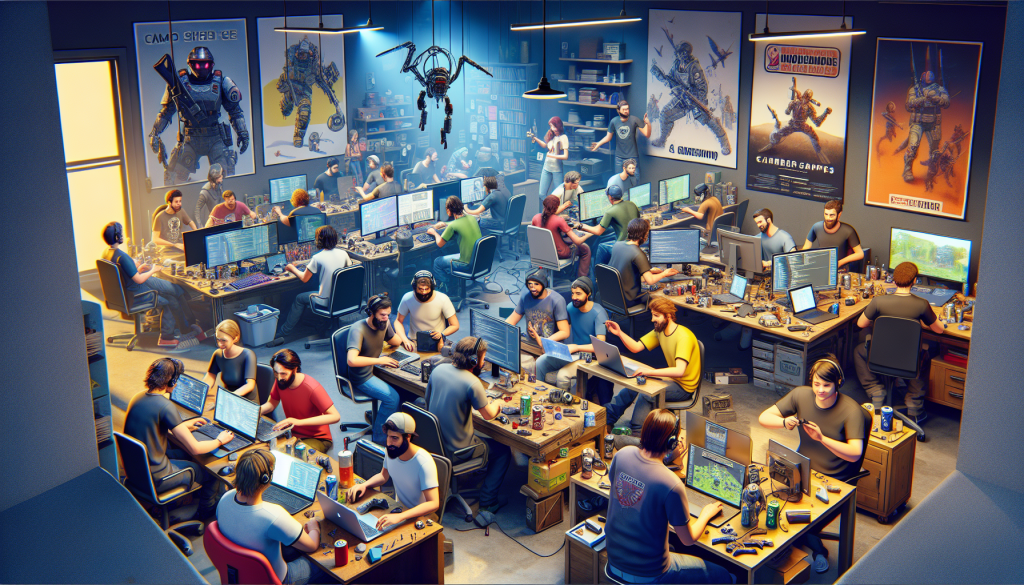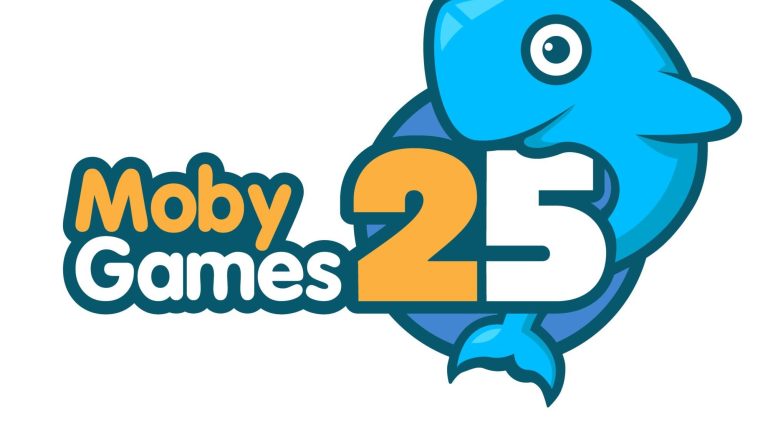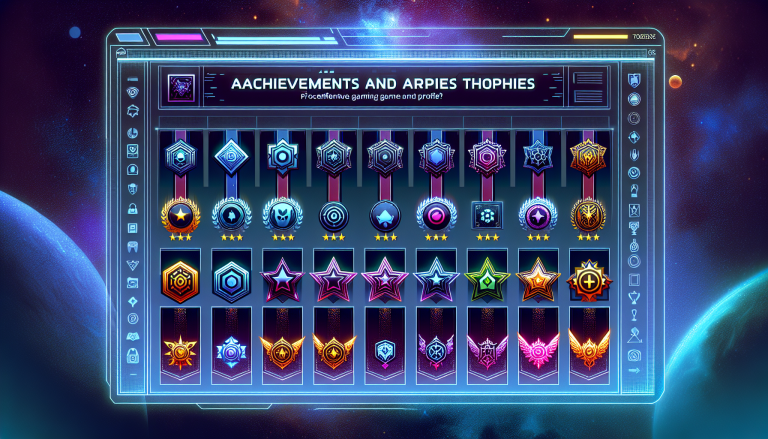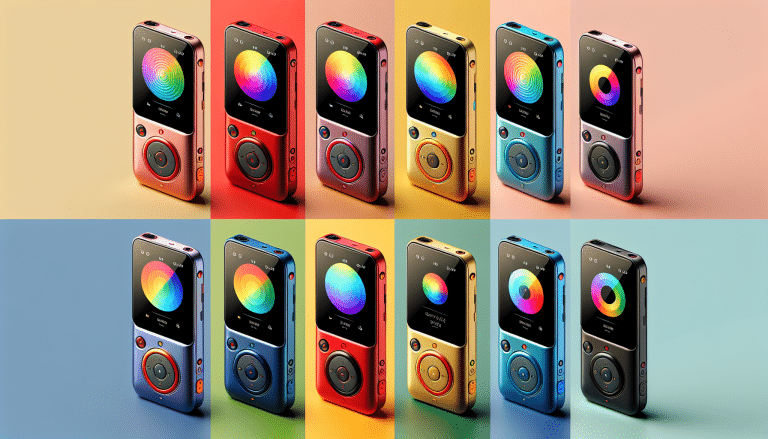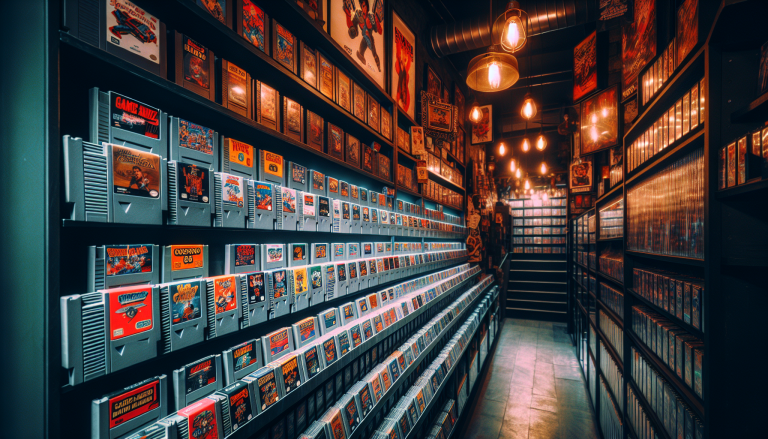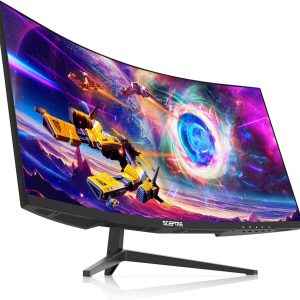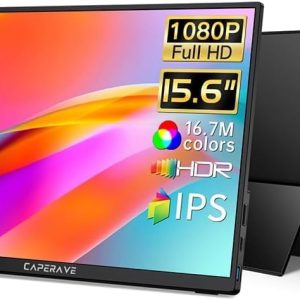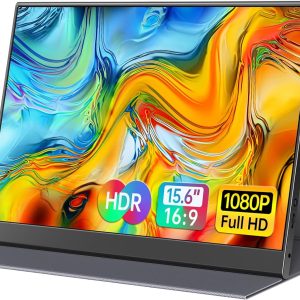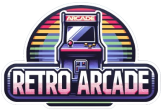Understanding the Importance of Diversity in Retro Gaming Communities
If you’re an old-school gamer, chances are you’ve probably noticed a shift in the retro gaming community. In the past, it was dominated by one demographic: male. However, the gaming world has seen significant changes over the years. The importance of diversity in retro gaming communities is paramount, and it’s a conversation that needs to be had.
Why is diversity in retro gaming so crucial? Let’s break it down.
The Power of Diverse Perspectives
When we think of retro games, we often think of iconic titles like Super Mario Bros, Sonic the Hedgehog, and The Legend of Zelda. These games have shaped our childhoods and continue to influence modern game design. Imagine how much richer these experiences could be if they incorporated a variety of perspectives. Diversity in game design and development can lead to more innovative and engaging experiences for players.
Creating Inclusive Spaces
Diversity also extends beyond the games themselves and into the communities that surround them. Retro gaming communities are not just about playing games; they are about sharing experiences, building friendships, and creating a sense of belonging. An inclusive community welcomes gamers of all backgrounds and identities, making everyone feel valued and appreciated.
Fostering Representation
With diversity comes representation. When diverse voices are included in retro gaming communities, it means that more people see themselves represented in these spaces. This representation can influence players’ self-esteem and their sense of identity, making gaming a more positive and rewarding experience.
Breaking Down Stereotypes
Lastly, diversity challenges stereotypes. The stereotype of the “gamer” as a young, male, socially awkward individual is outdated and exclusionary. People of all genders, ages, races, and abilities game. By promoting diversity in retro gaming, we can break down these harmful stereotypes and create a more inclusive and welcoming gaming culture.
In the end, diversity in retro gaming communities is not just about inclusivity; it’s about creating richer, more engaging experiences for all players. So the next time you pick up your controller, remember this: every player brings something unique to the table, and that’s something to be celebrated.
Highlighting Notable Initiatives Promoting Inclusivity in Retro Gaming
As retro gaming enthusiasts, we might all have the shared nostalgia of blowing into a cartridge to get our favorite game to load, but our experiences and perspectives are as diverse as the game titles themselves. This is why it has become crucial to encourage diversity and inclusivity in our communities. Let’s take a moment to shine a spotlight on some incredible initiatives leading the way in promoting inclusion in retro gaming.
The Women in Gaming Initiative
The Women in Gaming Initiative is a fantastic project pushing for more female representation in all aspects of the gaming industry. They do this by celebrating the achievements of women in gaming, providing mentorship, and actively advocating for gender equality within the industry. It’s a significant step forward in ensuring that everyone feels welcomed and represented in our beloved retro gaming community.
The LGBTQ+ Game Archive
Next on our list is the LGBTQ+ Game Archive, a brilliant effort dedicated to preserving, documenting, and analyzing LGBTQ+ representation in video games. This initiative enlightens us about the historical lack of representation and the current efforts to correct it. This way, we can be mindful of the importance of inclusion in our retro gaming discussions and activities.
Can I Play That?
Accessibility in gaming is a crucial aspect of inclusivity that cannot be ignored. Can I Play That? is a website dedicated to reviewing games based on their accessibility. It’s an invaluable resource for gamers with disabilities looking for retro games that cater to their specific needs, and it’s a great way for all of us to become aware of the accessibility issues that many of our fellow gamers face.
Black Girl Gamers
Another excellent initiative is Black Girl Gamers, a platform created to provide a safe space for black women who enjoy gaming. They play a pivotal role in challenging stereotypes, fighting against online harassment, and promoting diversity within the industry. Their voice is essential in the retro gaming space and beyond.
- The Women in Gaming Initiative: Promotes female representation in the gaming industry.
- LGBTQ+ Game Archive: Preserves and analyzes LGBTQ+ representation in video games.
- Can I Play That?: Reviews games based on their accessibility.
- Black Girl Gamers: Provides a safe space for black women in gaming.
These are just some of the many initiatives tirelessly working to make the retro gaming community a more diverse, inclusive, and welcoming place. So, while we reminisce about the good old days of gaming, let’s also celebrate the progress we’re making towards a more inclusive future.
Exploring the Power of Representation in Nostalgic Gaming Spaces
In the world of retro gaming, representation plays an essential and compelling role. Games from our past are not just about nostalgia—they’re also about acknowledging and celebrating the vast tapestry of gamer identities who have contributed to, and continue to enjoy, this vibrant culture.
So, let’s delve into how representation is shaping the landscape of retro gaming, and why it matters.
The Many Faces of Retro Gaming
Firstly, it’s crucial to understand that retro gamers come from all walks of life. They are a diverse group with varying identities, experiences, and perspectives. This diversity necessitates representation, not just in terms of gender, race, and age, but also in terms of different abilities, orientations, and cultures. By reflecting the real-world diversity in the gaming community, we can create a more inclusive and welcoming environment.
The Ripple Effect of Representation
Representation in retro gaming isn’t just symbolic—it has a profound, ripple effect. When gamers see characters that look, speak, or behave like them, it leads to a sense of belonging and validation. It’s a nod to the fact that everyone, regardless of their background or identity, can be a hero in their own right. This positive reinforcement encourages more people to engage with retro gaming, thereby broadening the community.
Shaping Perception and Breaking Stereotypes
Representation also helps in breaking down harmful stereotypes. For too long, the gaming culture has been perceived as a male-dominated space. However, the demographic has always been more diverse. By acknowledging and representing the varied gamers within the community, we challenge these outdated notions and reshape perceptions.
Leveraging the Power of Storytelling
Retro games are not just about the gameplay mechanics; they are rich in storytelling. By incorporating a diverse cast of characters and narratives, game designers can explore and share different cultural experiences. This not only makes the games more relatable but also provides an opportunity for learning and cultural exchange.
Reimagining Retro Games with Inclusivity
Many game developers are now revisiting and reimagining classic retro games with a more inclusive lens. This involves revamping character designs, storylines, and game mechanics to facilitate better representation. The end result is a refreshingly diverse and realistic portrayal of gamers, further enriching the retro gaming experience.
In conclusion, representation in nostalgic gaming spaces is not a mere trend—it’s a necessary shift that fosters inclusivity, breaks stereotypes, and enriches the overall gaming experience. As we continue to celebrate and uphold this diversity, we inch closer to a gaming culture that is truly representative of its community.
Breaking Barriers: Inclusive Discussions and Platforms in the Retro Gaming Scene
“We don’t stop playing because we grow old; we grow old because we stop playing.” This powerful quote by George Bernard Shaw perfectly encapsulates the essence of retro gaming and its timeless appeal. But the beauty of retro gaming isn’t just confined to its nostalgic charm. It’s a sprawling community that thrives on shared experiences, and most importantly, values diversity and inclusivity. Today, let’s delve into how retro gaming is breaking barriers by fostering inclusive discussions and platforms.
Creating Safe Spaces Through Online Platforms
Forums, social media groups, and online gaming platforms are at the forefront of driving inclusivity in the retro gaming scene. These platforms are not just spaces for players to discuss their favorite games; they’re communities that welcome gamers of all ages, genders, races, and orientations. Accessibility features, strict moderation, and community guidelines in these platforms ensure a safe and inclusive space for everyone.
- The RetroGaming subreddit, for example, is a community of over 70,000 members that emphasizes civility and respect among its users. They have also held sessions that shed light on gender representation in retro games, fostering healthy discussions on the matter.
- NeoGAF, another popular forum for retro, as well as modern gamers, has made clear its stand against hate speech and discrimination. Their moderation team works tirelessly to curb any form of negativity.
Breaking Down Stereotypes Through Inclusive Discussions
Engaging in inclusive discussions is a powerful tool to break down stereotypes and biases. In the retro gaming world, it’s crucial to challenge the preconceived notions of gamers. It’s not just about ‘dudes in their basements’. Gamers come in all varieties, and the discussions should reflect that.
From forums discussing the representation of women in games like ‘Metroid’ to podcasts like ‘Not Your Mama’s Gamer’ that examines gaming through a feminist lens, these platforms are driving change. They are breaking the barriers of the old stereotype, painting a diverse and inclusive picture of the gaming world.
Events and Meetups Encouraging Diversity
Meetups and events are another avenue where retro gaming is embracing diversity. Be it conventions, game jams, or local meetups, these events have become a melting pot of different cultures, ideas, and voices. They’re actively promoting diversity by providing a platform for underrepresented groups to share their experiences and perspectives.
Events like the Game Developers of Color Expo and GaymerX are pioneering this change by encouraging a diverse group of speakers and attendees. These events are not only breaking barriers but are also inspiring the next generation of diverse gamers and game developers.
Indeed, the retro gaming scene is making significant strides in promoting diversity and inclusion. It’s heartening to see these communities, discussions, and platforms challenging the status quo and making gaming a safe and welcoming space for everyone. After all, the love for retro games should have no barriers, right?
